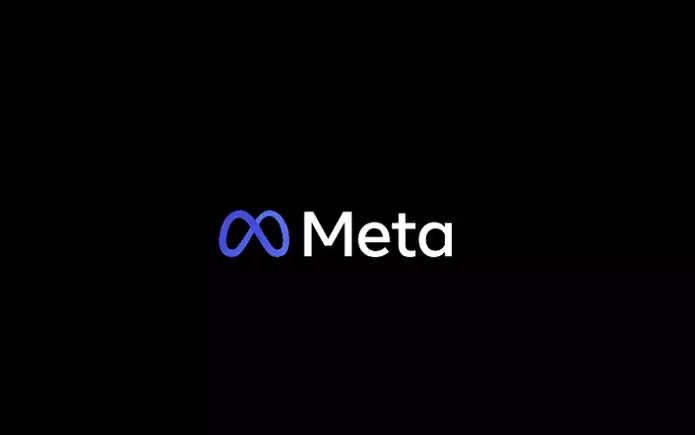In recent years, Meta, previously known as Facebook, has outlined a public commitment to step back from political content on its social media platforms. However, the reality is much more complicated than this idealistic declaration suggests. Despite Meta’s rhetoric about minimizing the influence of politics on its platforms, incidents of misinformation and political manipulation continue to occur at an alarming rate, indicating a significant disconnect between their stated intentions and the platform’s functioning.
The landscape of social media has profoundly changed the political narrative, creating both opportunities and challenges. Meta thrust itself into the center of this discourse when Forbes reported on a plethora of deceptive ads populating Facebook, specifically targeting the upcoming elections. The nature of these ads is alarming and outright provocative, featuring imagery that misrepresents political figures and stirs fear among the electorate. For instance, ads depicting Vice President Kamala Harris with demonic imagery or implying impending civil unrest are not just questionable—they actively contribute to a cycle of misinformation that undermines public confidence in democratic processes.
This behavior isn’t new; it recalls the strategic use of social media by foreign operatives in the 2016 U.S. elections. These operatives exploited Facebook to disseminate conflicting narratives about political candidates, sowing discord among voters. The fallout from these events led to Congressional hearings where Meta CEO Mark Zuckerberg faced hard questions regarding the platform’s role in misleading electoral information. In response, Meta began implementing a series of measures designed to limit the prevalence of political content, part of a broader strategy to create a more palatable user environment.
The actions taken by Meta seem contradictory at first glance. While the company has initiated a withdrawal from political engagement—eliminating its dedicated news sections and cutting ties with news publishers—its platforms continue to be used as vectors for political misinformation. The question arises: Is this withdrawal genuine, or merely a public relations strategy aimed at appeasing regulatory bodies and concerned citizens?
Meta’s messaging emphasizes user preference; the company claims that feedback indicates users wish to disengage from endless political debates online. However, this raises further questions: If users crave a diversion from politics, how does Meta reconcile that with its role as a substantial information conduit for global events? Given that a large percentage of people globally access information through these platforms, it seems untenable for Meta to attempt to navigate a complete retreat from politics without sacrificing its core identity steeped in dialogue and discussion.
Politics is inherently tied to the fabric of community and conversation. Meta may seek to limit political discourse, primarily due to the adverse effects it can have on user engagement; cocooning an environment purely focused on entertainment can alienate users who wish to engage meaningfully with current events. This unique platform dynamic also poses a significant challenge for its newly launched Threads app, which aims to stimulate real-time discussions. Attempting to sidestep politics in such a fast-paced environment appears impractical and might dilute the very essence of what users seek.
Despite professed intentions, Meta continues to distribute politically charged content, whether through misinformation or partisan discussions. This phenomenon underscores a pressing truth: managing political content is not just about reducing its presence; it involves balancing user experience with the rights of individuals to share information and express views, regardless of their political alignment.
Another critical component to consider is Meta’s fluid definitions surrounding political content. As they attempt to navigate the nuances of government and social discussions, their parameters remain vague. They assert that political content is guided by research, referring to topics related to government or elections, but without clear boundaries, this fluidity creates ambiguity. For Meta to effectively manage the intricacies of political discourse on its platforms, more precise definitions and guidelines are necessary.
As we approach another election cycle, the efficacy of Meta’s current strategy remains questionable. The omnipresent risk of divisiveness necessitates a thoughtful reevaluation of its political orientation. While it’s essential for Meta to foster an environment free from manipulation and strife, an outright dismissal of political content may be equally harmful if it detracts from the platform’s ability to serve as a reliable outlet for news and discussion.
Ultimately, as Meta grapples with its identity and implications in today’s politically charged atmosphere, the question remains: can it genuinely uphold a position of neutrality while claiming to prioritize user engagement, or will it find itself irreversibly entangled in the web of political dialogue? The answer is yet to unfold in the evolving narrative of social media.


Leave a Reply